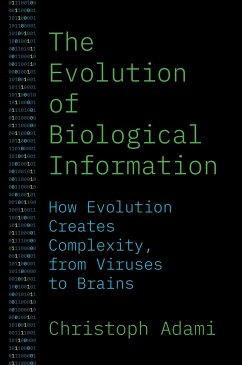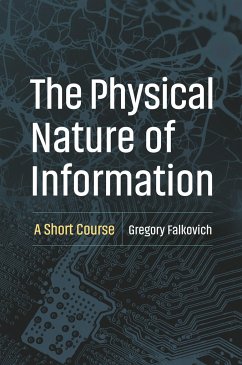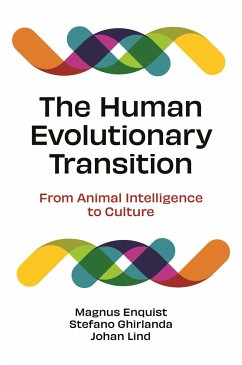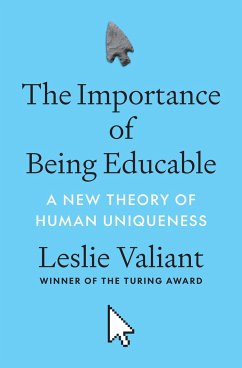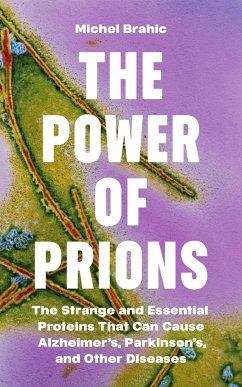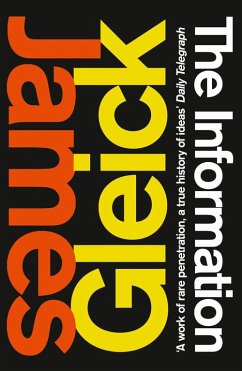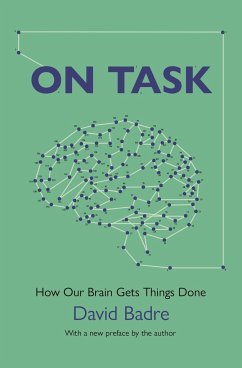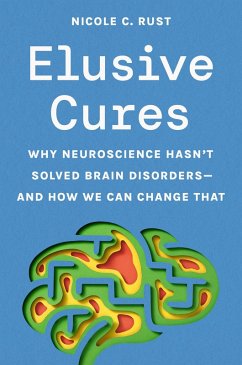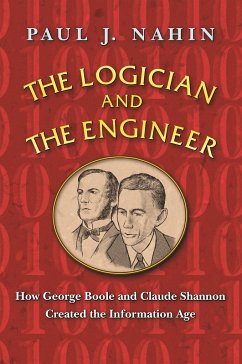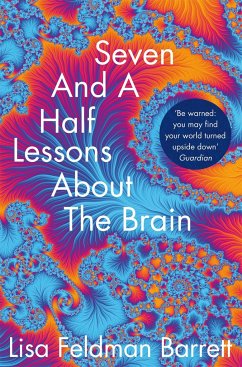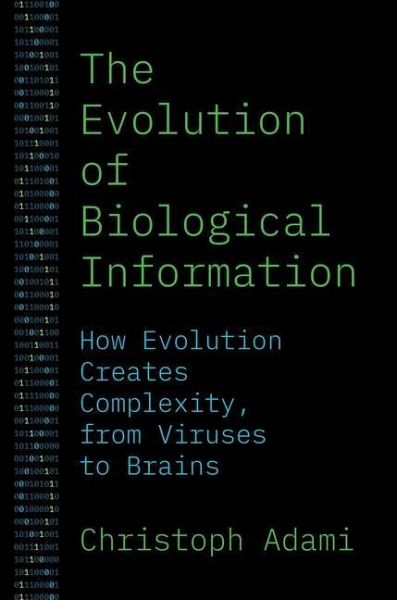
The Evolution of Biological Information
How Evolution Creates Complexity, from Viruses to Brains
Versandkostenfrei!
Versandfertig in 2-4 Wochen
75,99 €
inkl. MwSt.
Weitere Ausgaben:

PAYBACK Punkte
38 °P sammeln!
"Explaining how evolution can account for the complexity of life is a significant question in biology. Whether or not complexity increases, what the mechanisms are that fuel this growth, and indeed even how we define complexity are difficult questions. In this book Christoph Adami draws on two strands of research - experimental evolution and information theory - to forward a mathematical theory that accounts for the evolution of complexity. While accounting for complexity is his primary goal, Adami also argues that information theory can do more for biology than just provide for a measure of c...
"Explaining how evolution can account for the complexity of life is a significant question in biology. Whether or not complexity increases, what the mechanisms are that fuel this growth, and indeed even how we define complexity are difficult questions. In this book Christoph Adami draws on two strands of research - experimental evolution and information theory - to forward a mathematical theory that accounts for the evolution of complexity. While accounting for complexity is his primary goal, Adami also argues that information theory can do more for biology than just provide for a measure of complexity. As he argues, everything in biology uses information in one form or another, be it for communication (between cells, or organisms) or for prediction (via molecular as well as neural circuits). As a consequence, we can think of information theory as the unifying framework that allows us to understand complex systems, with biological life being only the prime example"--




